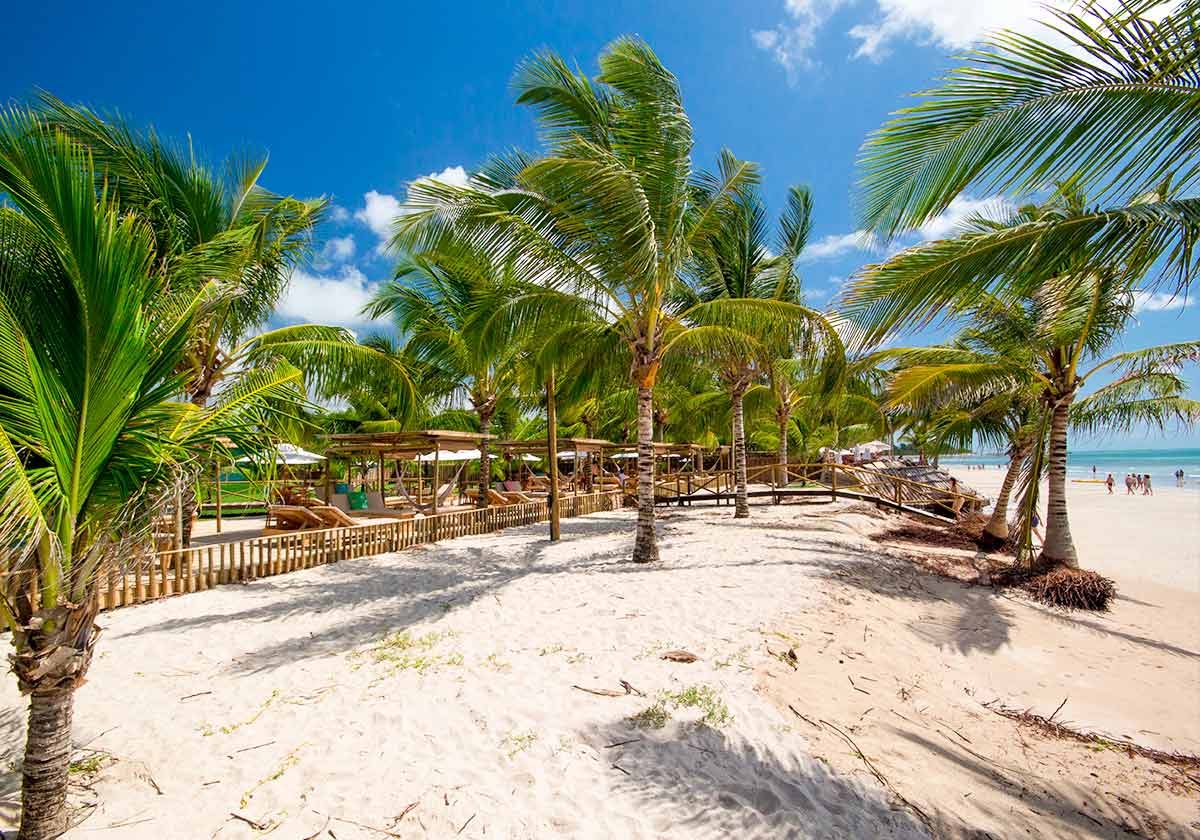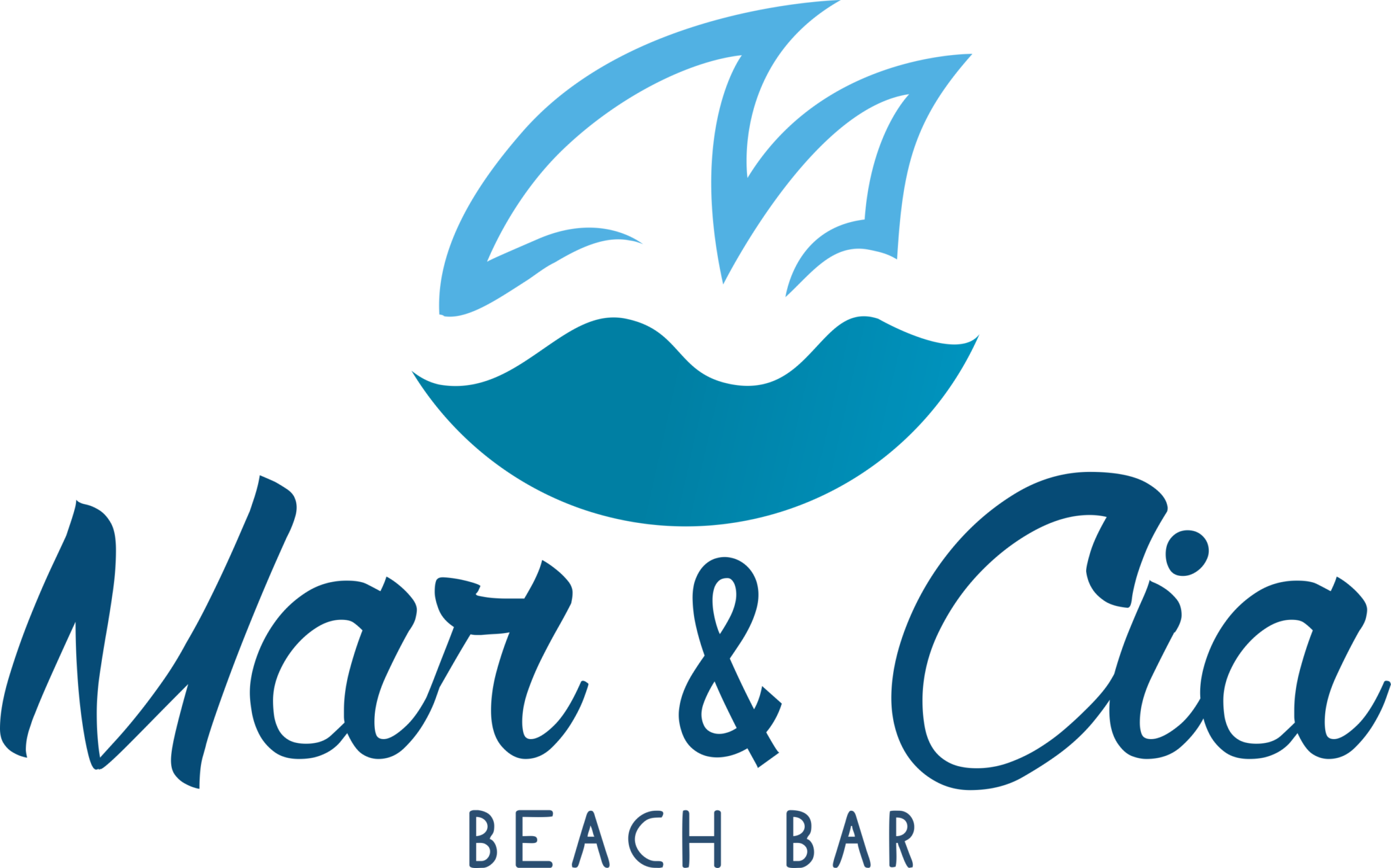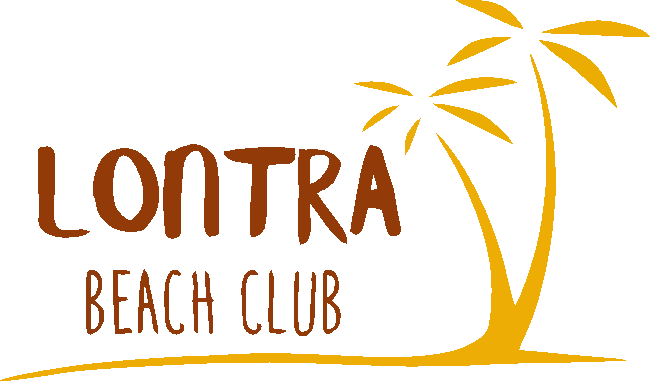Sustainable Hibiscus
Sustainability is the set of actions that seeks to meet the needs of the present without affecting future generations. It is based on the following tripod: economic, social and environmental. Thinking about sustainability means taking the lead in a culturally diverse world.
The Hibiscus Beach Club, located on the North Coast of Alagoas, one of the most visited tourist destinations in the Northeast, full of natural beauty, takes this concept seriously aiming to coexist with the exuberant beauty of the world’s second largest barrier reef. The house has dedicated its actions to environmental preservation on several levels.
Being socially responsible is an old concern of Vanderlei Turatti, who has been in charge of the enterprise for over 10 years. This bond was established during his childhood, in the small town of Revaldo, Rio Grande do Sul, his birthplace.
The businessman jokes when rescuing the memories of a time when having quality of life was as common as living on his own subsistence. He and his family lived in the country and the region had no garbage collection, so everything was reused. “The only things we didn’t produce were salt and clothing. It was possible to live wonderfully well with little money ”, he recalls.
Looking for sustainable entrepreneurship, he promised to dedicate his life to building a differentiated business model. And it worked.
Conscious consumption
A few years after taking over the management of his first company (get to know Mar e Cia by clicking here), in the late 90s, Vanderlei was awarded twice with the Green Award in Alagoas, created by the Environment Institute (IMA) which aims to honor people who stand out in environmental preservation activities.
In 2000, he founded the Instituto Vida Marinha, a non-profit organization dedicated to the preservation of the marine ecosystem. Recognition has already crossed state barriers. The entrepreneur has been invited to speak about sustainability in other states of the country and already aims to expand the project to the rest of the world.
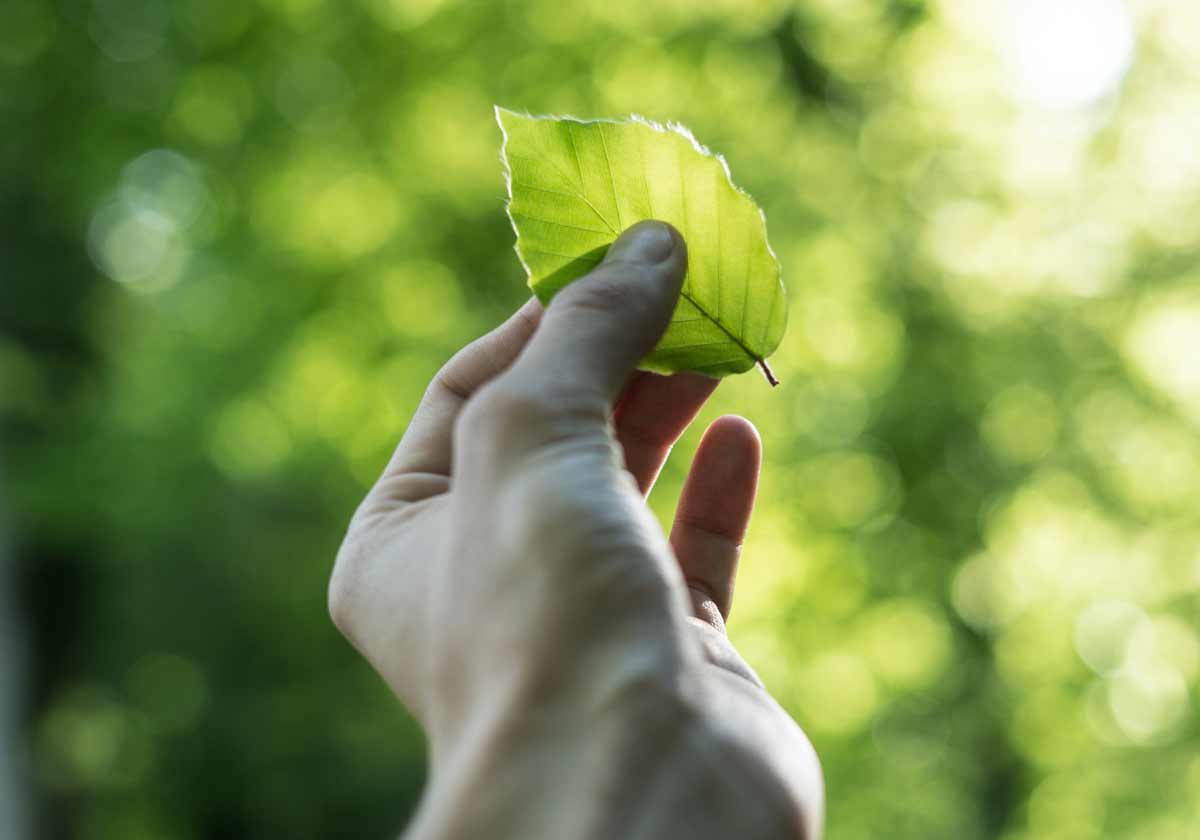
Think, eat, conserve: no waste
We believe that almost everything can be recycled or reused. That is why the Hibiscus Beach Club adopts the “zero waste” policy. Our sustainable practices can be compared to the actions of first world countries, such as Norway.
Here, approximately 90% of all organic matter is reused in the form of fertilizer. The compost goes straight to our vegetable garden, located inside the house itself, full of options of vegetables. Fresh vegetables without the addition of chemical additives are used in the preparation of our dishes and make our cuisine even more tasty, healthy and special.
The sustainable actions also extend to the waiters, who no longer use paper commands to place orders for dishes and drinks. Everything is digital. Customers and employees are also encouraged to avoid using disposables, such as straw, cups and plastic bags.
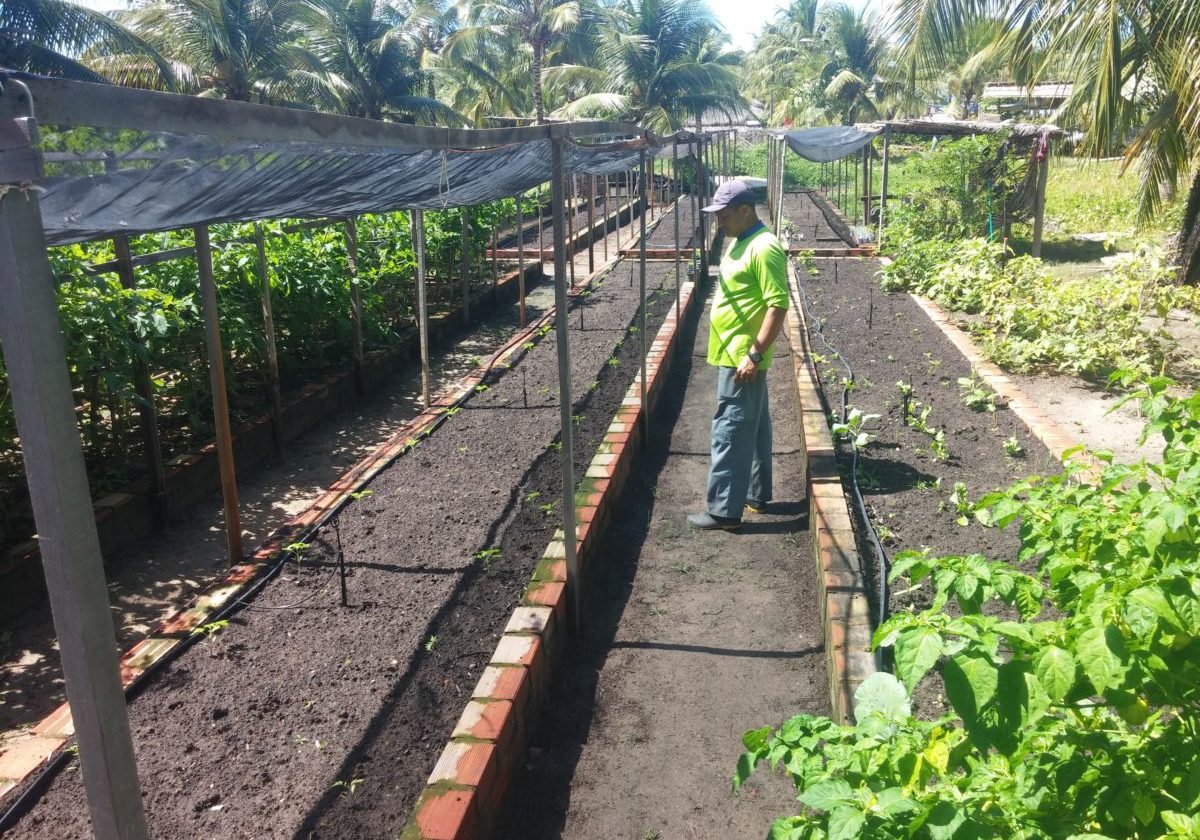
Water, if you know how to use it will not be missing!
All water consumed at Hibiscus Beach Club is 100% returnable and returns to the water table after going through a treatment system that serves to irrigate the garden and the beautiful coconut trees of one of the most visited destinations on the north coast of Alagoas.
And speaking of coconut, it is not just the water of this delicious functional fruit that is used. After consumption, it becomes a decorative piece, making our vertical garden a literally Instagramable place.
The beach club bathrooms have electric dryers that avoid the use of paper towels for hand hygiene; and the liquid soap dispenser in the toilets is equipped with sensors, helping to avoid waste and encouraging conscious consumption.
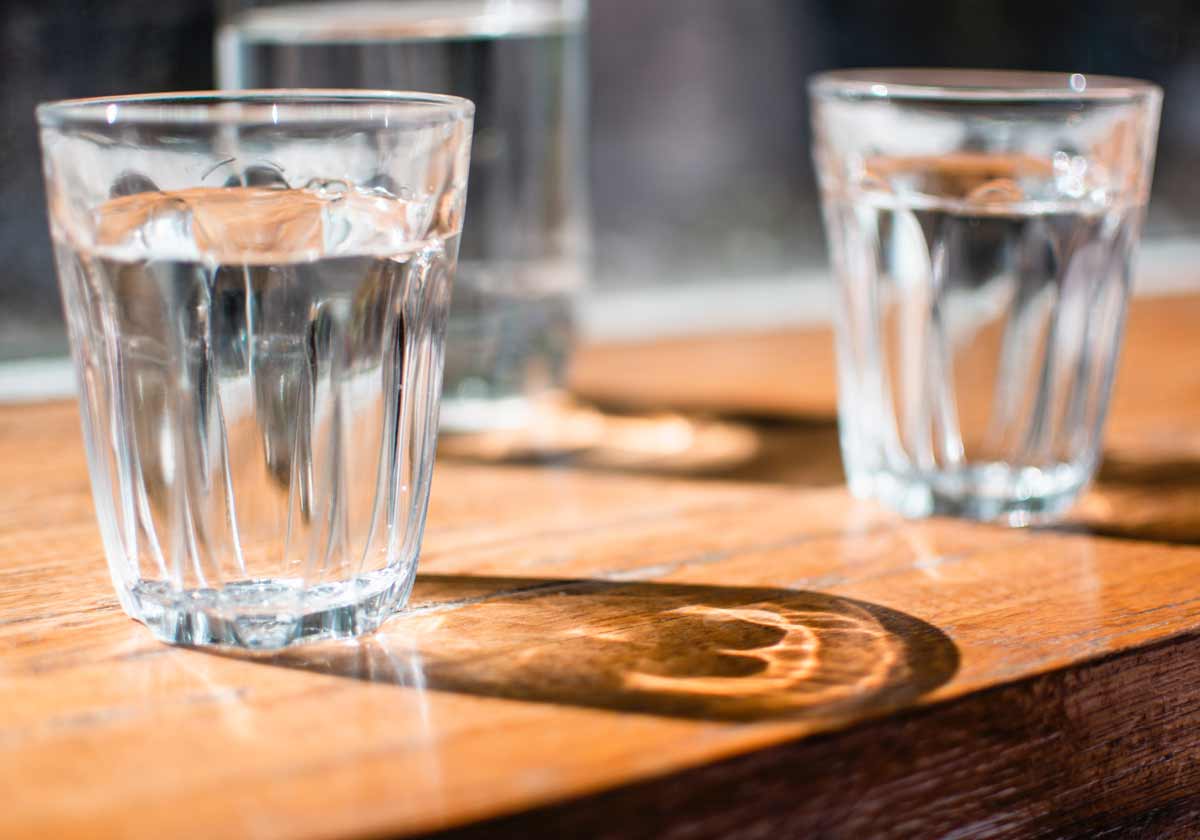
Sustainability is not speech, it is attitude!
Sustainability has gone from being a cool fashion to becoming a necessity. The structure of the Hibiscus Beach Club is entirely made of reforested wood and also extends to the furniture: supports for parasols, chairs, tables and even floors on stilts, which prevent soil erosion.
And we don’t stop there: our photovoltaic panels generate 80% of the energy we use. It’s Hibiscus doing its part for a greener world.

Cooperative and sustainability committee
Hibiscus donates all the recyclable material in the house to cooperatives in the region: plastic, iron, cardboard and glass of beverage bottles are reused and help to strengthen the work of those who dedicate their lives and support for recycling.
Recycling is a way to reduce the waste deposited in the environment. We believe that we can all work to make society aware of the benefits of this activity.
Within the organizational context, the Team Nature Sustainability Committee, which includes company employees, plays a leading role through actions to clean the beaches. We know the importance of nature around us and, therefore, we try to take care of it in the best possible way.
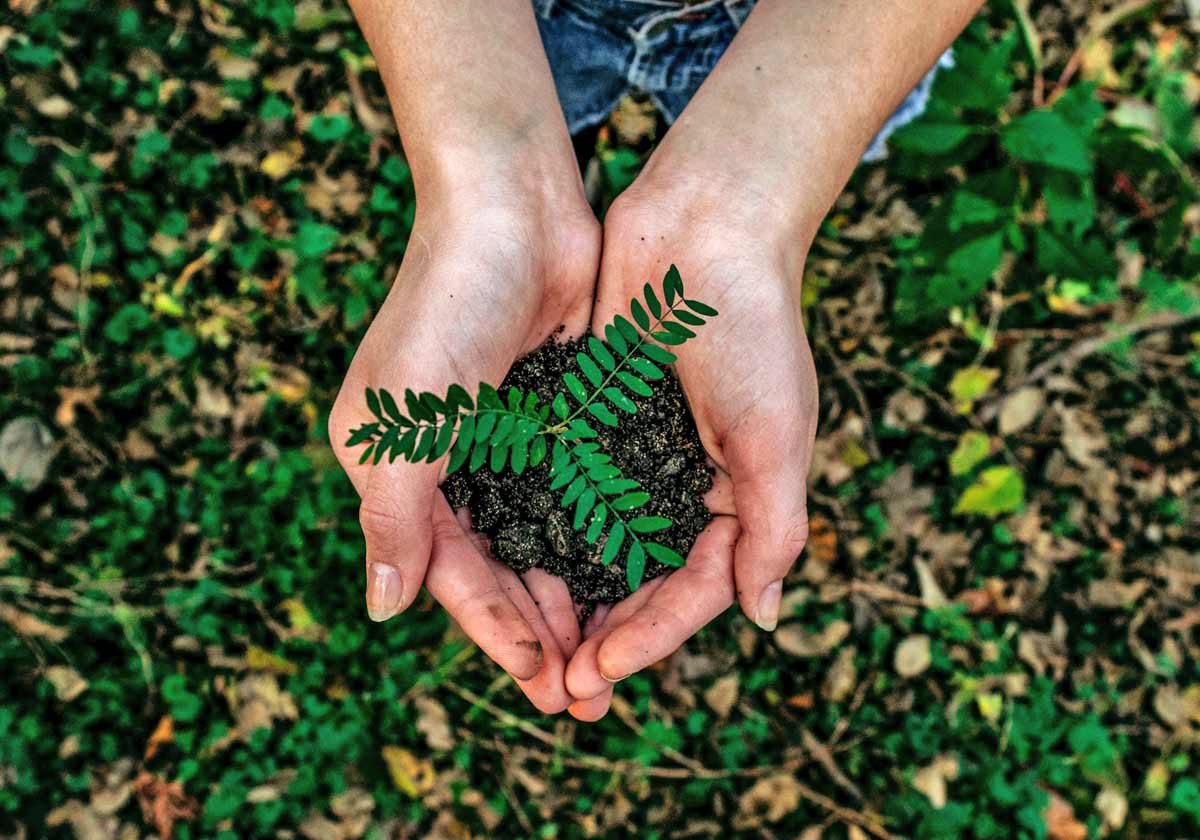
Kcos Project
The project arose from the need to give even more meaning and life to the reuse of everything that is produced and / or consumed at the beach club. The word “kcos” is derived from “shards”, which, in popular language, are nothing more than fragments or pieces of something.
The brand was conceived from the importance of correctly disposing the glass bottles in our bar. With a lot of talent and creativity, Hibiscus opens space for making decorative pieces and utensils such as cups and bowls. Sparkling glasses, wines, beers et.
The idea worked so well that it became CNPJ. With the slogan: “being honest is also being sustainable”, Kcos now has its own store located inside the Hibiscus itself (next to the vertical garden located at the entrance of the house).
The customer is invited to choose an item of interest and make payment through self-service. The interested party just has to dial the desired product value in the credit card machine and make the payment itself.
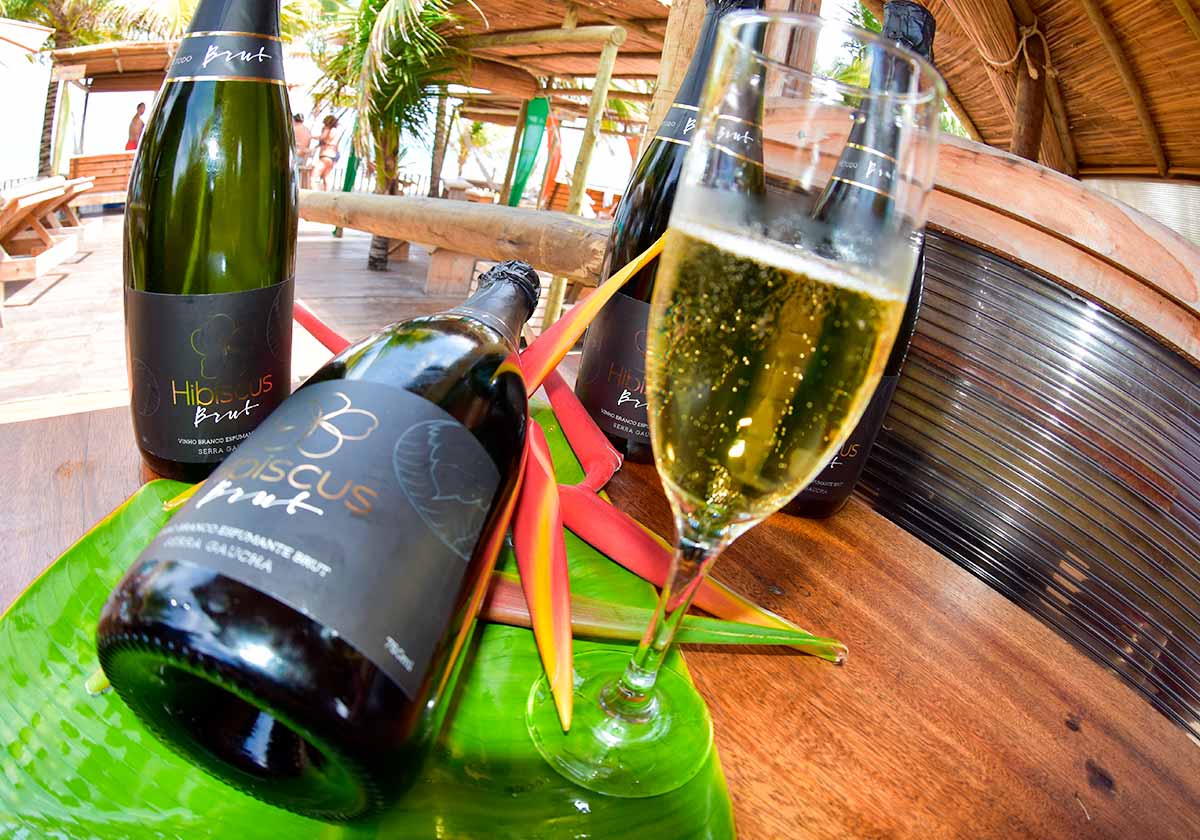
Clean Beach Project
Hibiscus believes that if everyone does their part in preserving and defending the environment, the world will be more sustainable. For this reason, it participates in the Praia Limpa Project, developing actions to educate the population about the importance of keeping our beaches always clean, disposing of garbage correctly.
The activities are carried out simultaneously in several states of Brazil and it is a public action that aims to unite government agencies, NGOs, private companies and tourists. Nature is everyone’s asset and it is our duty to preserve it.
